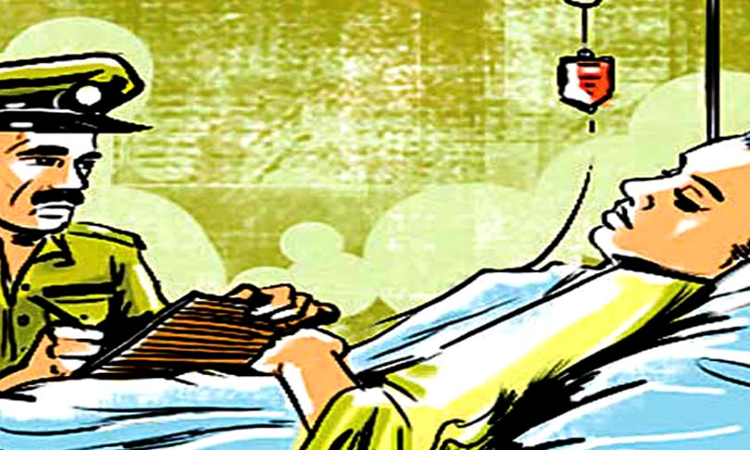No Need To Corroborate Dying Declaration If Given In A Fit State Of Mind: Calcutta High Court
Arkaprabho Roy
12 Aug 2022 11:07 AM IST

Next Story
12 Aug 2022 11:07 AM IST
A division bench of Calcutta High Court, consisting Justice Debangsu Basak and Justice Bibhas Ranjan De, reiterated that a dying declaration is a conclusive piece of evidence, admissible for the conviction of the accused, wherein corroboration is not mandatory when the deceased is in a 'fit state of mind' while giving the declaratory statement. Therefore, the court elaborated...
